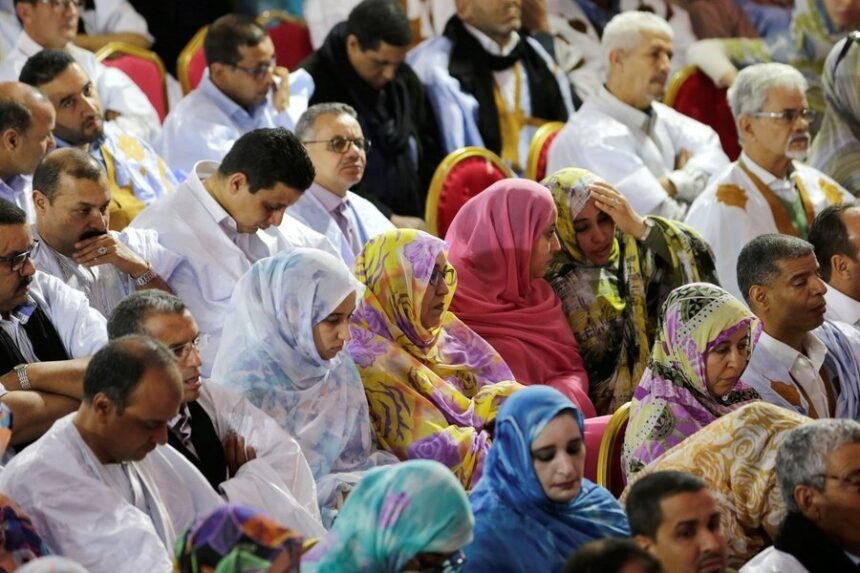This post is part of the Women and Foreign Policy program’s blog series on women’s leadership in peacebuilding and nonviolent movements, in which CFR fellows, scholars, and practitioners highlight new security strategies. The following interview is with Fatma El Mehdi, one of eight negotiators in the Western Sahara peace process and a leader in the Sahrawi community.
Women are too often excluded from peace processes. Over the last twenty years, seven out of every ten major peace process did not include any women. In the Western Sahara peace process, however, one woman is represented on each side. What led to women’s participation and how did you get involved?
The Polisario Front believed in Saharawi women, saw that we are strong, and helped make us visible. During the Polisario talks in 2018 and 2019, I was the only woman at the table. It was three men and me.
More on:
Many experiences led to my selection as a political negotiator. I started as a student activist fighting for a free Western Sahara through nonviolence, spent years in refugee camps, and eventually got involved in politics and formal peace talks. I have participated in both rounds of the UN-led peace talks in Geneva, served as vice president of Women Advancement for Economic Leadership Empowerment in Africa, led the National Union of Sahrawi Women as secretary general, and am currently the Minster of Cooperation in Western Sahara—one of four female ministers in the government.
One very formative experience was my travel to the United States. For my first trip in 2016, I was there for a UN conference. I remember that was very challenging because I didn’t have a country that is recognized by the UN. It was a very sad moment for me, and I will never forget that. I was able to be there thanks to other women from Africa who paid for my flight and accommodation. I was lucky to be there and give a voice to people who couldn’t be there.
What role have Sahrawi women played in building peace?
Sahrawi women have been working at many levels to promote peace in Western Sahara. We’re strong. And over the past forty-five years we have demonstrated our capacity. We have built refugee camps and we oversee them while men are at war.
Some women want to be prepared for the war; they want to have the same responsibility as men. In the military arena, we are not encouraging women to accelerate war, but they just want to be prepared like the men are. We have established a military school for young women who want to be leaders, so that they can study how they can collaborate on peace and protection for the Saharawi people.
Women are also working now with young people, especially those under the age of eighteen. We want to prevent them from going to war in the future through providing training on peace. But this is not easy—many have suffered from living in camps and watching their parents endure war. We as women are trying to make them understand the situation and trying to present another vision.
This is the situation of many, many other societies, especially Muslim and Arab societies—violence is a cycle. Women have a large role to play in the peace process.
What is the current status of Sahrawi women’s participation in politics and what barriers do they face? How do women contribute to achieving stability?
(…)
Origen: Five Questions on the Western Sahara Peace Process | Council on Foreign Relations
Descubre más desde No te olvides del Sahara Occidental
Suscríbete y recibe las últimas entradas en tu correo electrónico.


